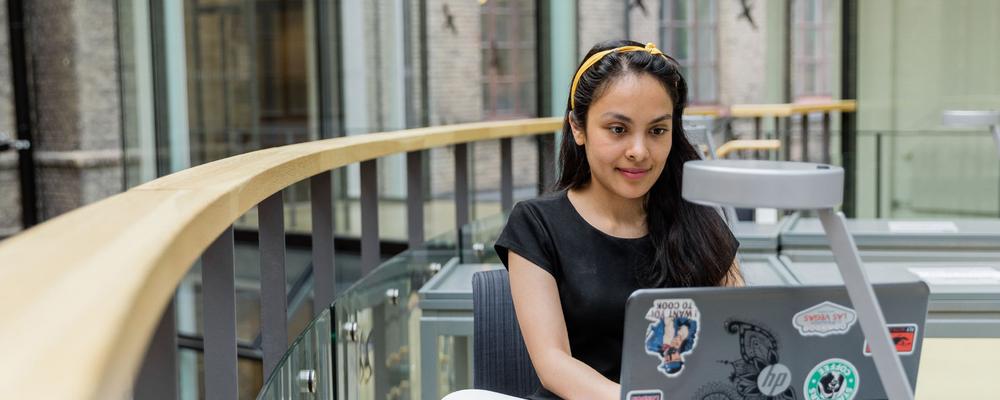
Studies in Economics
In economics we study how a society uses its resources. The subject ranges from environmental economics to financial economics and behavioral economics. You can study economics both as a stand-alone course and as part of a program.
Courses in economics are given both autumn and spring semester. 90 credits in economics combined with additional subjects lead to a bachelor's degree. You can also study economics in several bachelor programmes. Then there are opportunities to continue studying at the master's and doctoral levels. The closing date for applications is usually April 15 for the autumn term and October 15 for the spring term.
Courses available in English
Intermediate level
Economics: Intermediate
Consists of:
- Micro theory, 7.5 hp (NEK203)
- Macroeconomics, 7.5 hp (NEK204)
- Econometrics, 7.5hp (NEK206)
- Empirical Economics in Practice, 7.5 hp (NEK205)
Advanced level/Bachelor's courses
Spring
Period 1 (choose one ot the two courses)
Policy Evaluation (NEK307), 7,5 hp
Data Analytics for Economics and Finance (NEK310), 7,5 hp
Period 2 (choose one ot the two courses)
Development Economics (NEK302), 7,5 hp
Environmental Economics (NEK304), 7,5 hp
Period 3 and 4
Economics Bachelor Thesis (NEK316) 15hp


